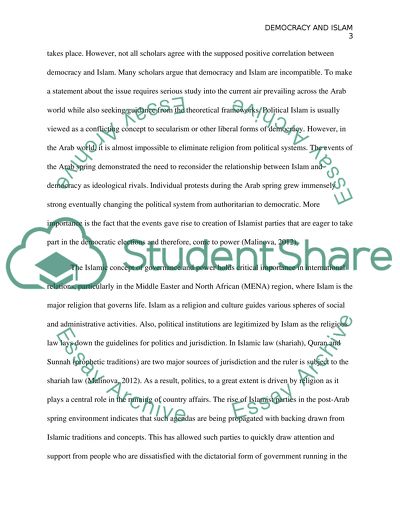Cite this document
(“Case Study- Democracy and Islam Study Example | Topics and Well Written Essays - 2000 words”, n.d.)
Retrieved from https://studentshare.org/social-science/1651813-case-study-democracy-and-islam
Retrieved from https://studentshare.org/social-science/1651813-case-study-democracy-and-islam
(Case Study- Democracy and Islam Study Example | Topics and Well Written Essays - 2000 Words)
https://studentshare.org/social-science/1651813-case-study-democracy-and-islam.
https://studentshare.org/social-science/1651813-case-study-democracy-and-islam.
“Case Study- Democracy and Islam Study Example | Topics and Well Written Essays - 2000 Words”, n.d. https://studentshare.org/social-science/1651813-case-study-democracy-and-islam.


